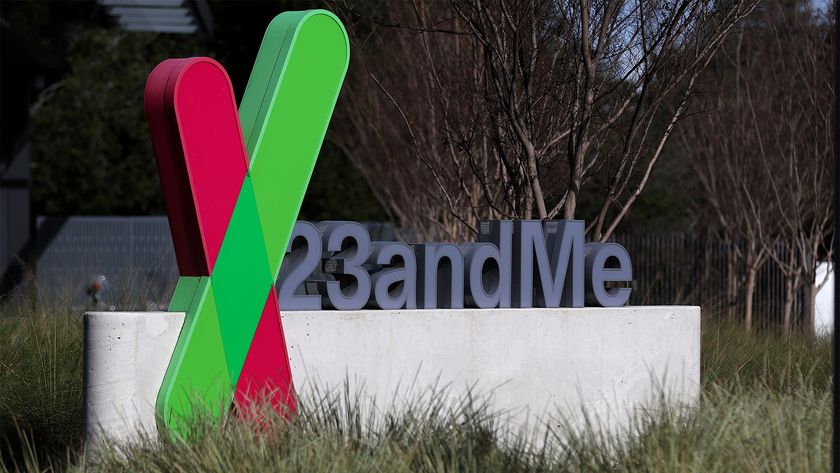The Orwellian Nightmare: Version 2.0
With personal data being gathered on such a wide scale by both companies and governments, Tom Brewster asks: Are we in an updated version of the Orwellian Nightmare?
But surely there is a less disruptive way of ensuring our privacy, our data and even our identities are not open for access. Well, the irony is that technology could well be the answer to the problem, as well as a big cause of it.
"There is an opening as technologies allow people to control their information better," Killock said.
"Since personal data has value, controlling it and managing it yourself has an obvious market advantage, as well as a privacy advantage."
One recent intriguing idea came from the Netherlands. Researcher Harold van Heerde from the University of Twente voiced the concept of data that simply fades away "like footprints in the sand."
Although this would require reworking databases that are programmed to store information over long periods, data degradation is a realistic and achievable model, according to van Heerde. It can even be implemented without severely disrupting organisational performance, he said
If what the researcher believes is true, this could make it far simpler for people to manage their personal data, some of which could have been placed online years ago and forgotten about by the individual.
People power
Get the ITPro. daily newsletter
Sign up today and you will receive a free copy of our Focus Report 2025 - the leading guidance on AI, cybersecurity and other IT challenges as per 700+ senior executives
And this leads to one final point; those worried about the issues at hand need to keep a more watchful eye on what data they are putting out there.
If we are living the Orwellian Nightmare Version 2.0 where our privacy has already been corroded away, or if we are on the precipice of such a scenario, then it is partly because of choices made by consumers since the dawn of the internet.
This was highlighted by the recent so-called "hack" of Facebook, where a researcher harvested basic data on 100 million users from the service. But, as the social networking behemoth rightly pointed out, it was publicly available information that people had agreed to put up on the internet in the first place.
Facebook could certainly do more to educate users, but it is as much up to the general public as it is up to companies and government to keep privacy alive in the UK and elsewhere.
Concerned people should not wait for the cataclysmic event that Llewellyn talked of. They should act now before the situation is irreversible.
Tom Brewster is currently an associate editor at Forbes and an award-winning journalist who covers cyber security, surveillance, and privacy. Starting his career at ITPro as a staff writer and working up to a senior staff writer role, Tom has been covering the tech industry for more than ten years and is considered one of the leading journalists in his specialism.
He is a proud alum of the University of Sheffield where he secured an undergraduate degree in English Literature before undertaking a certification from General Assembly in web development.
















